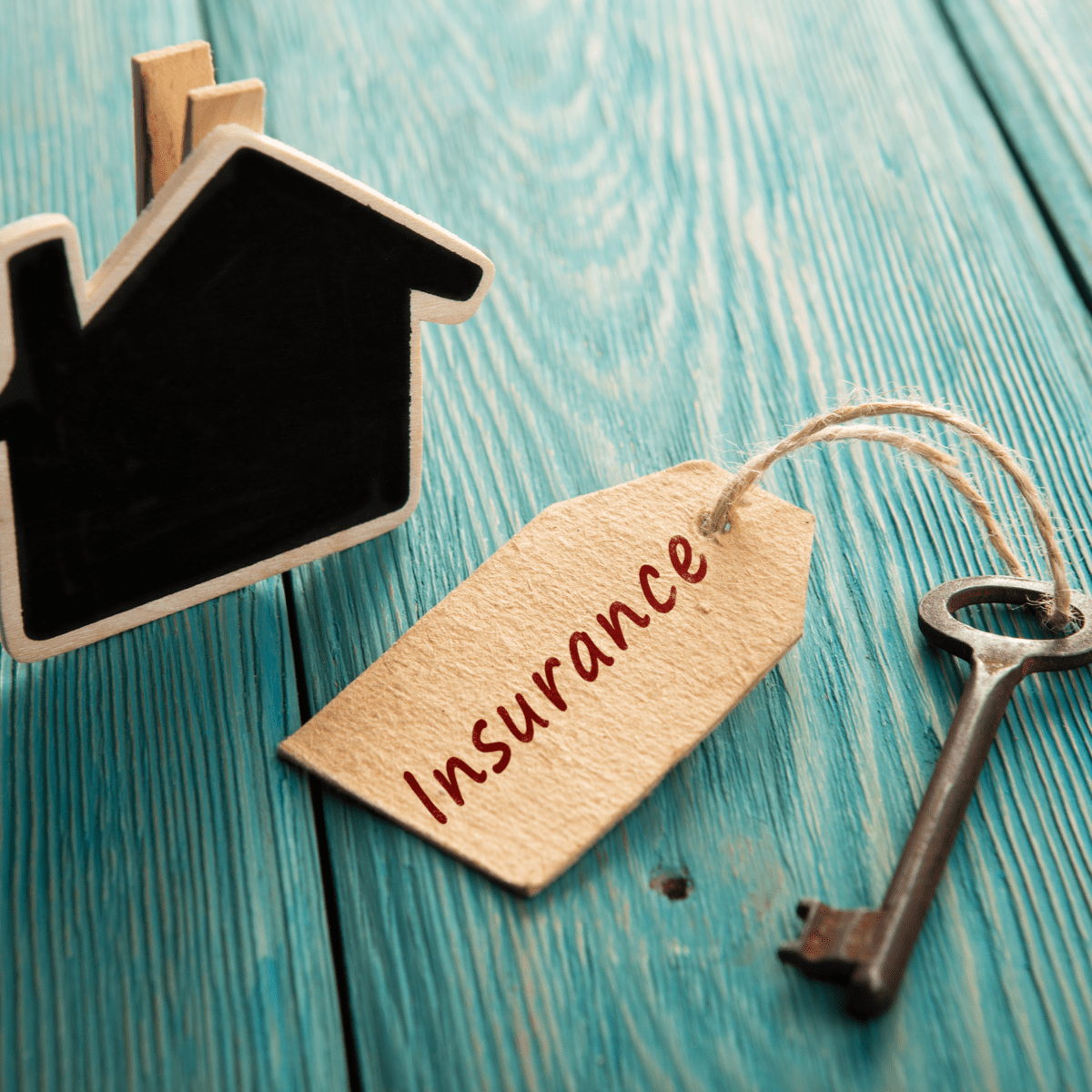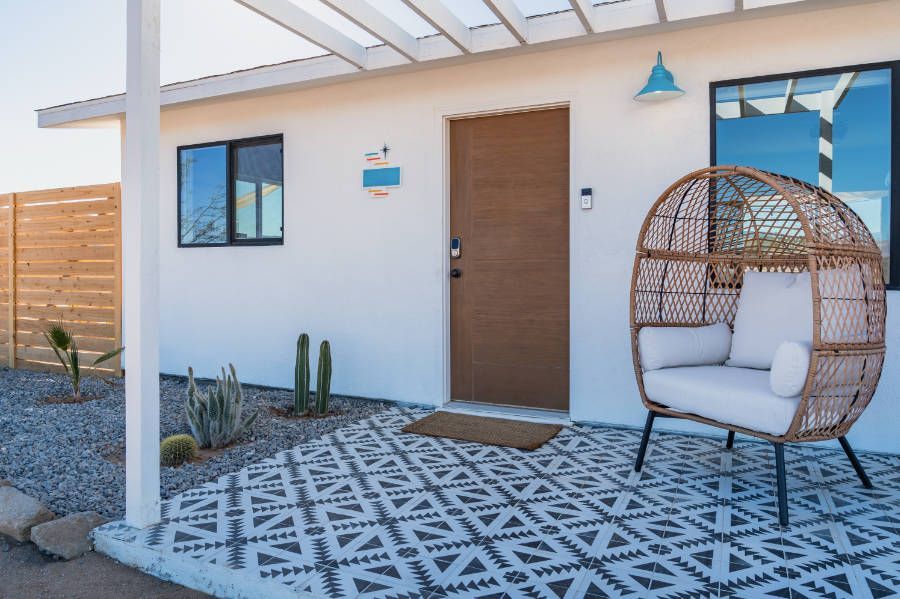Find Out More Information on Key Aspects of Landlord Insurance
Dustin Edwards • May 1, 2021
Ask Questions of Your Insurance Agent to Find the Best Policy

Maybe it’s because we manage 100’s of properties throughout Long Beach or maybe it is because we too own rental properties in Long Beach, whatever the reason we have seen more advertising for landlord insurance
lately. Landlord insurance isn’t as commonly shopped for as your home and auto policies which made us think we should highlight a few areas for you to explore with your landlord insurance.
Liability Protection
When one thinks of landlord insurance it isn’t likely you are first thinking of liability protection; however, we would challenge you to consider this as a top priority. While it might be unpleasant to talk about the legal coverage with your insurance agent, it would certainly be more unpleasant to find out when you really need it that you don’t have the coverage you thought you had.
Consider asking a few questions such as:
- What types of situations have you encountered where it has been necessary for the insurance carrier to help with legal proceedings?
- What have you found that the insurance company most often settles at? (Note: While this may get an odd look from your insurance agent, remember most legal complaints don’t go to trial, they settle.)
- Do you recommend I carry an umbrella policy in addition to my liability coverage? How often and in what scenarios have you seen the umbrella used in addition to the liability protection?
An insurance agent is there for far more than just “what price is my policy?” and while the liability items aren’t fun to talk about it is important to get their insight and experience when you aren’t under the pressure of a real situation.
Loss of Rental Income
If a disaster should strike you could still have a mortgage to pay...and even if you don’t there are still ongoing expenses with the property (insurance, property taxes, etc.). Policies can call it different items, i.e it can sometimes be called “fair value rental coverage”, but regardless of the name it is important to understand what it will cover. For example ask your insurance agent the following:
- How much rent will I receive under the policy if a disaster strikes?
- How long will I receive that payment?
- How long will it be until I receive the first payment?
The last question is key as some companies can take months before you get paid and that means you will need to have your own reserves in place to cover the unthinkable.
Rebuilding Costs
When most people think of insurance related to properties they think of “what happens in a fire?” and that is a perfectly valid concern. For your rental property consider the following:
- The year built of the property - This can certainly be a discussion point with your insurance agent, but consider if your property was built in the 1940’s (common for properties in Long Beach) and then ask yourself what has been upgraded since then when it comes to core systems? Is the plumbing copper or Pex? Is the water heater tankless system now? While these might seem trivial now, in the case of a disaster bringing everything up to current code (to be in compliance with local building codes) could make it so your policy might not cover all of the repairs. Ask your insurance agent to understand what might be needed to ensure you can bring the property current if the worst case should happen.
- Level of upgrades - Even the nice rentals usually don’t have the same quality of materials as your primary residence. After all you can get great flooring for rental at ~$3 a foot while you might splurge for the flooring you really love for your own home that could be north of $10 a foot. Take careful note of what is in your rental and discuss those with your insurance agent as well.
What Disasters Are Covered?
Understanding what scenarios are covered is important to avoid surprises. One common exclusion, in regards to natural disasters, is that of earthquake coverage. This is generally a separate policy and is one that you should ask your insurance agent about. While we know the likelihood of an earthquake is low, remember, you have an obligation to your renter, not just your property so it is important to have a plan in place to understand how you can protect your renter and your property.
When you want to find out more about what we would recommend asking your insurance agent about we invite you to call us today at (562) 888-0247 or you can even fill out our Owner Application
and we can develop a custom rental analysis for your property (or properties).





